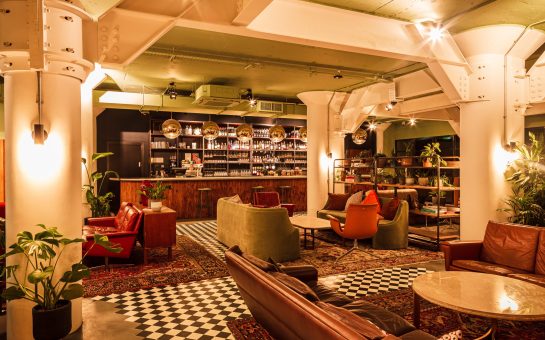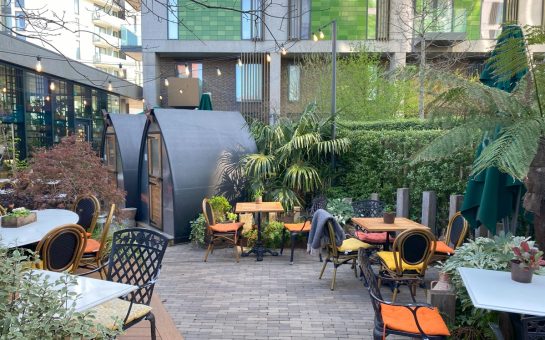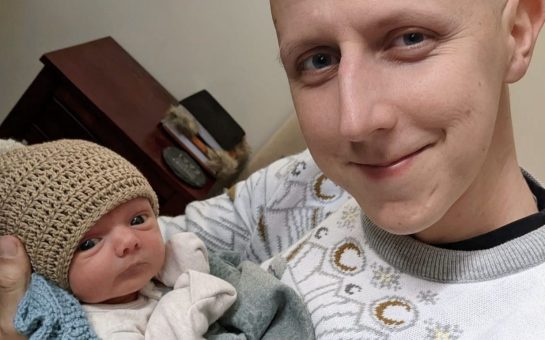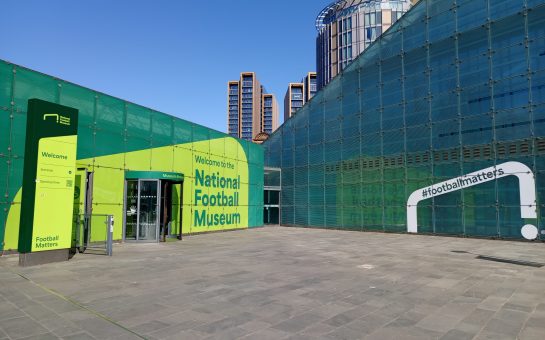A Levenshulme volunteer has put a face to the divisive and difficult immigration process many face coming to the UK – by writing a new book.
Duel for Citizenship is a written account of coming to the UK by Holly Matthies, 34, who has lived here for 10 years after immigrating from the United States.
The book covers topics of immigration costs, with processes such as indefinite leave to remain steadily increasing to £1500, and the public mood to immigration when figures are involved.
However, Holly is aiming to help people understand the real impact of being told you are not wanted or that you are a burden.
“Immigrants are people, humans and immigration is talked about as if it’s this big one homogeneous political and boring thing,” she told MM.
“People might know somebody, maybe it’s someone that you work with or are friends with but it’s more of a personal thing that just an abstract statistic.
“Hopefully it makes people think and consider their actions.”
Holly’s own experience as an immigrant gives her a first-hand and an often unique position to write from as being both blind and white.
On the one hand as she steadily adopted an English accent she became uncomfortably aware of the amount of conversations she was now privy to with anti-immigration slants.
She said: “I mostly deal with the fact I am from America, I am white and I speak English, so I am kind of a stealth immigrant.
“I was in a pub where someone at the next table next to me said immigrants shouldn’t be able to use the NHS.
“When I told them actually I am an immigrant they said well we didn’t mean you, your one of the good immigrants.”
Experiences such as this shocked Holly who became worried at what she saw as political discussions on immigration used to justify talks on racial division.
She said: “People don’t mean Canadians or Australians, those who actually comprises the majority the number of immigrants to the country, they aren’t thinking about it.”
Manchester and the issue of immigration received extensive media attention with the case of Juan Jasso who was racially abused by three people on a city centre tram soon after the EU referendum.
Holly was showered with Facebook messages from friends back in America but the incident did not leave her feeling scared or less welcome, she had to work hard to just be here.
“I have had people tell me they feel less welcome, but I don’t feel this way, I have always been aware that I have had to fight for things people have taken for granted,” she said.
“Punitive things like admin fees, things that don’t actually help you live here and you feel like you’re part of someone else’s argument.
“The cost of everything excludes you, if you have this much money you can stay here and that is if you have a couple grand lying around,
“If you don’t oh well you aren’t the kind of person we want.”
Holly is registered blind but still has some sight, and volunteers at the Museum of Science and Industry.
When looking for work and attending interviews she will use a cane, due to her being in an unfamiliar place.
Many interviewers were however evidently uncomfortable at the prospect of employing Holly when seeing her with her disability.
The issue became all the more difficult in cases when employers asked if she was able to work in the UK.
“I do not need a lot of accommodations for being blind, but when people first meet me when I am in unfamiliar places I will use my white cane and I think this makes people uncomfortable,” she said.
“People however do not know details of the system, and I show them proof of my indefinite leave to remain but they have never heard of it, no one has.”
The situation is evidently frustrating for Holly as the political image of immigrants most commonly used is one of being a burden as she pursued employment.
“It is really frustrating because both disabled and immigrants are slated for not working and are called scroungers, which I would really rather not be and don’t feel like I am,” she said.
“Obviously it is all rubbish but when people keep telling you are part of two groups that are lazy and expect something for nothing it just not something that you need.”
But despite this Holly remains optimistic about what the future holds for the debate on immigration she is helping to open up.
Collecting stories from other immigrants, their families and friends, Holly is working to create an inclusive account to better connect the public to the unacknowledged difficulties facing immigrants.
“I am hopeful that things will get better, I am an optimistic to a fault person, people have already reconsidered the EU referendum, and it’s tipped the balance the other way already.
“I think in a lot of bad ways it’s brought immigration to the foreground but I think possibly in some good ways too it has made people think about how much will happen to their community.
“The book is not just about the white lady from America it’s many different things and I am so grateful for being able to do that.”
Image courtesy of Images Money, via Flickr, with thanks.



